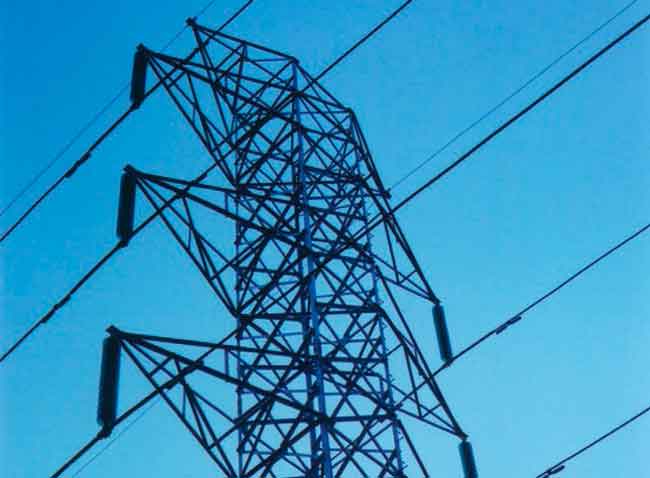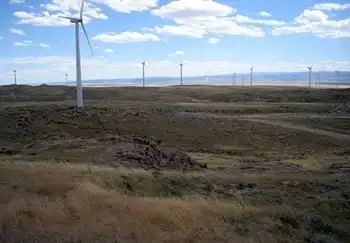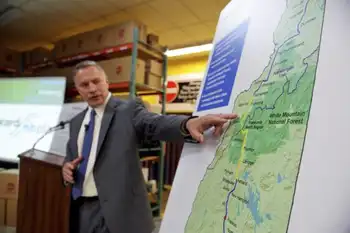Is power rebate best use of $1 billion?
ONTARIO - If the provincial government has $1 billion available, is an across-the-board cut in everyone's electricity bill the best way to spend it? Probably not.
Yet that is what Finance Minister Dwight Duncan offered up in the Legislature in his annual fall economic statement. "Every little bit helps," said Duncan, as he announced a 10 per cent cut in electricity bills for the next five years, at a cost of more than $1 billion a year to the provincial treasury.
Also in the statement were a $1 billion windfall from the extension of the Teranet deal and legislation to regulate trading in derivatives. But the new electricity subsidy was clearly the highlight of the day.
This comes after the government has been insisting for months that Ontarians, having been sheltered by a succession of "irresponsible" governments that kept hydro rates artificially low, need to face up to the reality that electricity isn't cheap.
"We know that there are costs associated with investing heavily in the modernization of our electricity system," said Premier Dalton McGuinty just a few weeks ago. "But it's a plan that we absolutely need to move forward with so we have the reliability."
Apparently the government decided that this message was being swamped by public anger over rising electricity bills, so it opted to spend borrowed billions to hold prices down.
The opposition parties bear much of the blame for this. For months, they have been whipping up hysteria about electricity bills, while offering no credible solutions of their own for addressing Ontario's energy problems. They were still at it following the economic statement, with NDP Leader Andrea Horwath saying the hike in electricity bills was "off the Richter scale."
As for the Liberal government, it might have considered spending $1 billion-plus annually on restoring the cuts in funding for transit expansion in the Greater Toronto Area or on advancing its plans to reduce poverty. Both measures would have made more sense than giving the rich, poor and everyone in between an average $153.60 break in their annual electricity bills. But there wouldn't have been the same political bang for the buck.
Related News

California faces huge power cuts as wildfires rage
LOS ANGELES - Pacific Gas & Electric (PG&E) already faces an investigation by regulators after cutting supplies to 970,000 homes and businesses.
It announced that another 650,000 properties would face precautionary shut-offs.
Wildfires fanned by the strong winds are raging in two parts of the state.
Thousands of residents near the wealthy Brentwood neighbourhood of Los Angeles have been told to evacuate because of a wildfire that began early on Monday.
Further north in Sonoma County, a larger fire has forced 180,000 people from their homes.
California's governor has declared a state-wide emergency.
What about the power cuts?
On Monday regulators announced a formal inquiry into whether…




